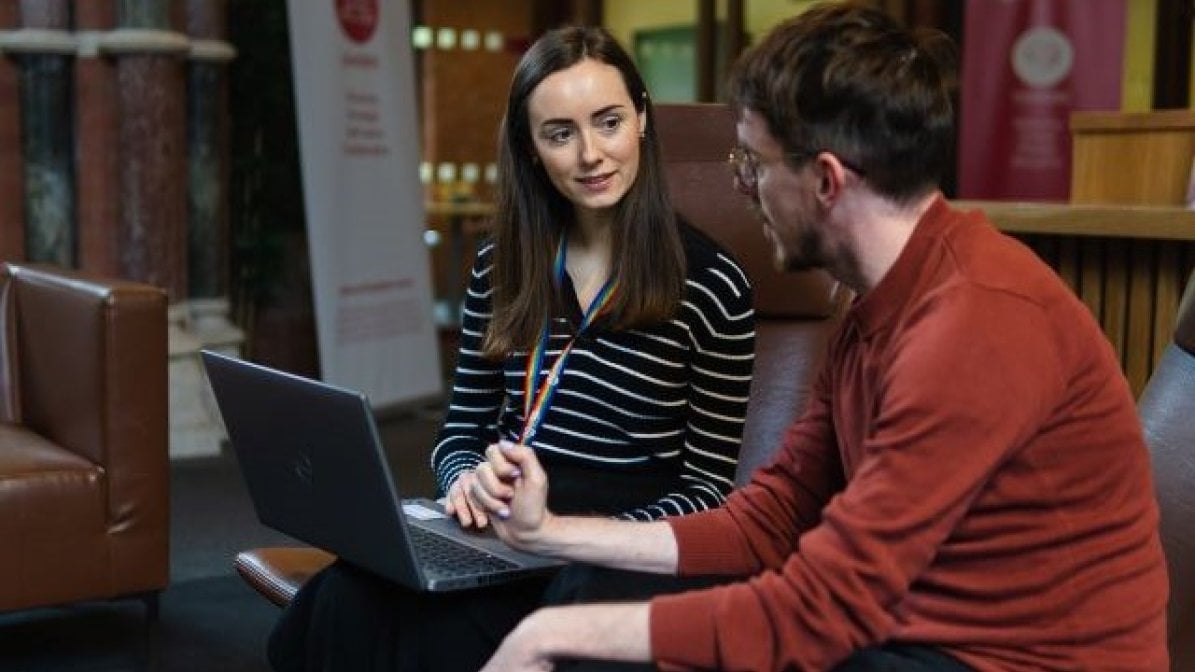
Disabled Students' Allowance (DSA)
The DSA scheme aims to ensure everyone has the support and adjustments they need to succeed during their studies.
We’ve worked with Diversity and Ability to create a comprehensive guide to all you need to know about DSA eligibility, applying, and the support you can get.

